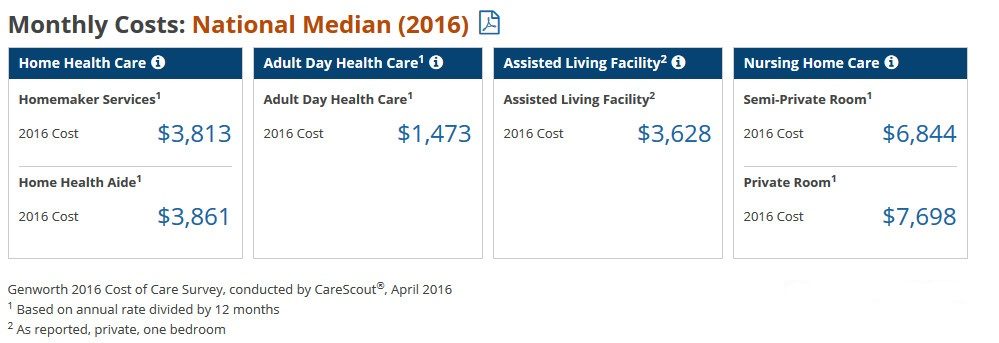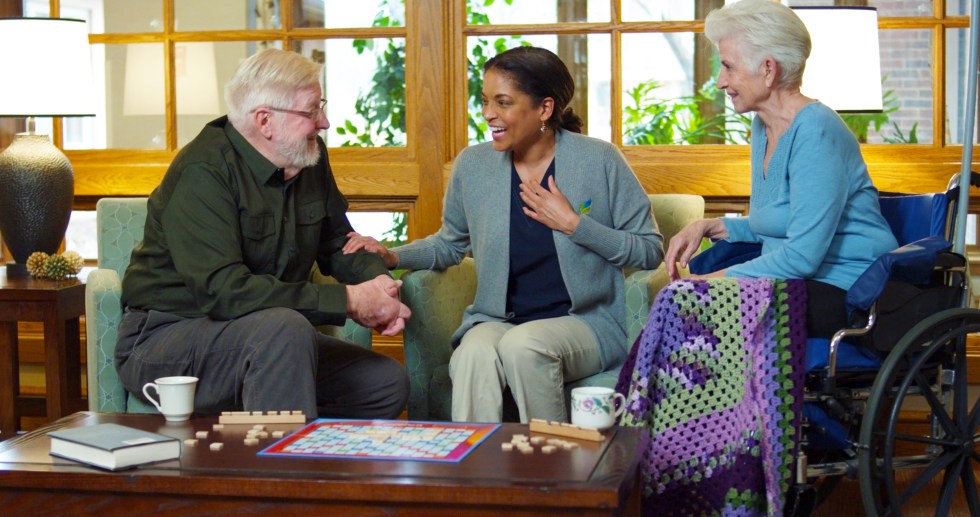
It can be difficult to care for an Alzheimer's patient as the primary caregiver. There are many resources you can use to help with your daily tasks. These resources cover everything from recognizing warning signs to communicating your loved one. You can also find advice on recognizing uncontrollable behavior and keeping a caregiving log to help you keep track of your tasks. Below are some strategies to help you face the challenges of caring and managing an Alzheimer's sufferer.
Identifying warning signs
Identifying warning signs for Alzheimer's patients is an important part of caring for an aging loved one. The disease is not complicated but caregivers must adapt their lives in order to deal with it. There is often stigma attached to seeking treatment and care. This prevents caregivers from asking for help. There is help. Support groups offer information on how to provide care for your loved one and can even help you pick up prescriptions and prepare meals.

Communicating with patients
Communicating with Alzheimer's patients can prove difficult, especially when they are unable to articulate their thoughts. You should give gentle encouragement to avoid irate outbursts and keep calm even when your conversation partner does not understand you. Talking is the most important aspect of Alzheimer's care, so be patient. To show your love and affection, it is a good idea to hold hands.
Dealing with uncontrollable behaviors
The most challenging aspect of caring and managing a loved one suffering from dementia is dealing with their uncontrollable behavior. The symptoms of dementia can include disinhibition, aversion to moral behaviour and disorientation. The emotional and physical stress of caring for someone with dementia can make it difficult to manage. These outbursts can be managed with these tips:
Keep track of caregiving activities
As an Alzheimer's caregiver, you'll need to take stock of your tasks. You have two options: delegate tasks to others, or you can use your memory to keep track of your caregiving activities. You can also get help from family members, friends, and volunteer organizations. If your loved one lives far away, consider getting help for financial tasks, ordering prescriptions, and paying bills. Find out how to get help for your loved ones if they are unable or unwilling to do these things.
Planning for future care
Once an Alzheimer's diagnosis is made, it is necessary to create a plan that meets the needs of the patient. Early planning allows the individual to express their wishes and work out complicated legal and financial issues. This allows for time to make financial and emotional adjustments. You should begin planning for your future care by choosing a caregiver. Also, evaluate your financial assets. These discussions can be assisted by a lawyer or financial advisor.

Support groups are available for caregivers
It's possible to find support groups near you if your loved one has Alzheimer's. A support group can make a huge difference. Alzheimer's caregivers can share their stories and get ideas for coping with the changes. Support groups are a great way to get support for loved ones with dementia.